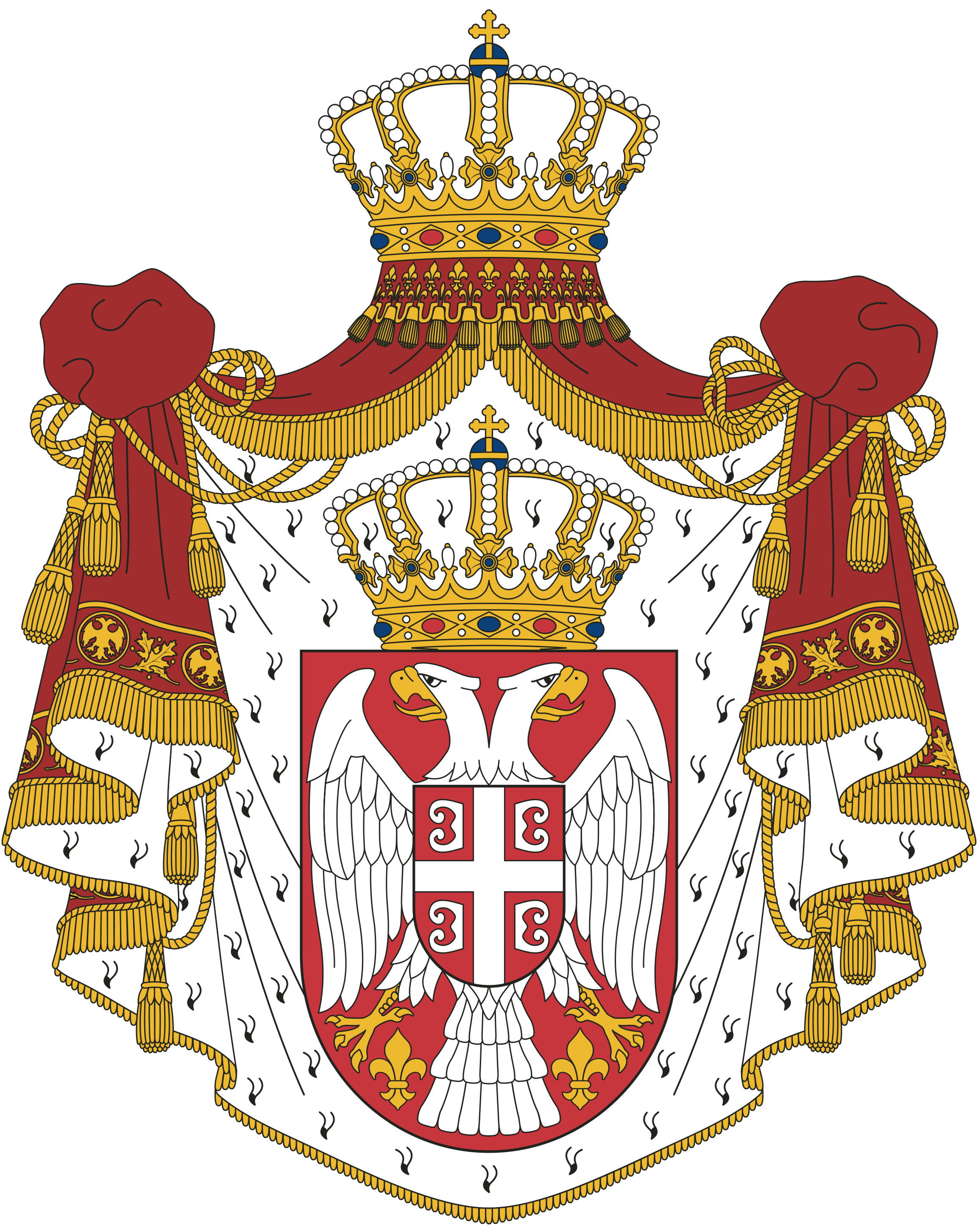Governed by Articles 10, 11 and 43-45 of the Law on Judges
Judges and Presidents of the Court are elected and dismissed from office by the National Assembly, that is, the High Judicial Council, in accordance with this Law.
The High Judicial Council determines the number of judges for each court.
The High Judicial Council reviews the required number of judges and lay judges in each court every five years.
On its own initiative or at the request of the President of the Court, President of the immediately higher court, President of the Supreme Court of Cassation and the Minister of Justice, and based on the annual inflow of cases, the High Judicial Council may review the required number of judges and lay judges even before the expiration of the period of five years.
Judges exercise their employment rights in accordance with the regulations governing the employment rights of elected persons, unless this Law provides otherwise.
The Law on Judges determines the general requirements for the election of a judge, the required work experience in the legal profession for a judge of a specific court, as well as other election requirements.
Any citizen of the Republic of Serbia who meets the general requirements for employment in the public authorities, who has graduated from the Law Faculty, passed the Bar Examination and is competent, able and worthy of a judicial office may be elected Judge.
The position of Judge of the Supreme Court requires successful passing of the Bar Examination followed by twelve years of experience in the legal profession.
Other requirements for judges include professional qualification, competence and worthiness.
Professional qualification means possession of theoretical and practical knowledge required to perform a judicial function.
Competence implies skills that allow the effective implementation of specific legal knowledge in solving cases.
Worthiness implies moral qualities a judge should possess, and conduct consistent with those qualities.
Moral qualities a judge should possess are: honesty, diligence, fairness, dignity, persistence and exemplarity, while conduct in line with these virtues implies preservation of the reputation of judges and the court at work and beyond, awareness of social responsibility, maintaining independence and impartiality, reliability and dignity in and out of service and taking responsibility for the internal organization and a positive image of the judiciary in public.
The criteria and standards for the evaluation of professional qualifications, competence and worthiness are prescribed by the High Judicial Council, in accordance with the law.


